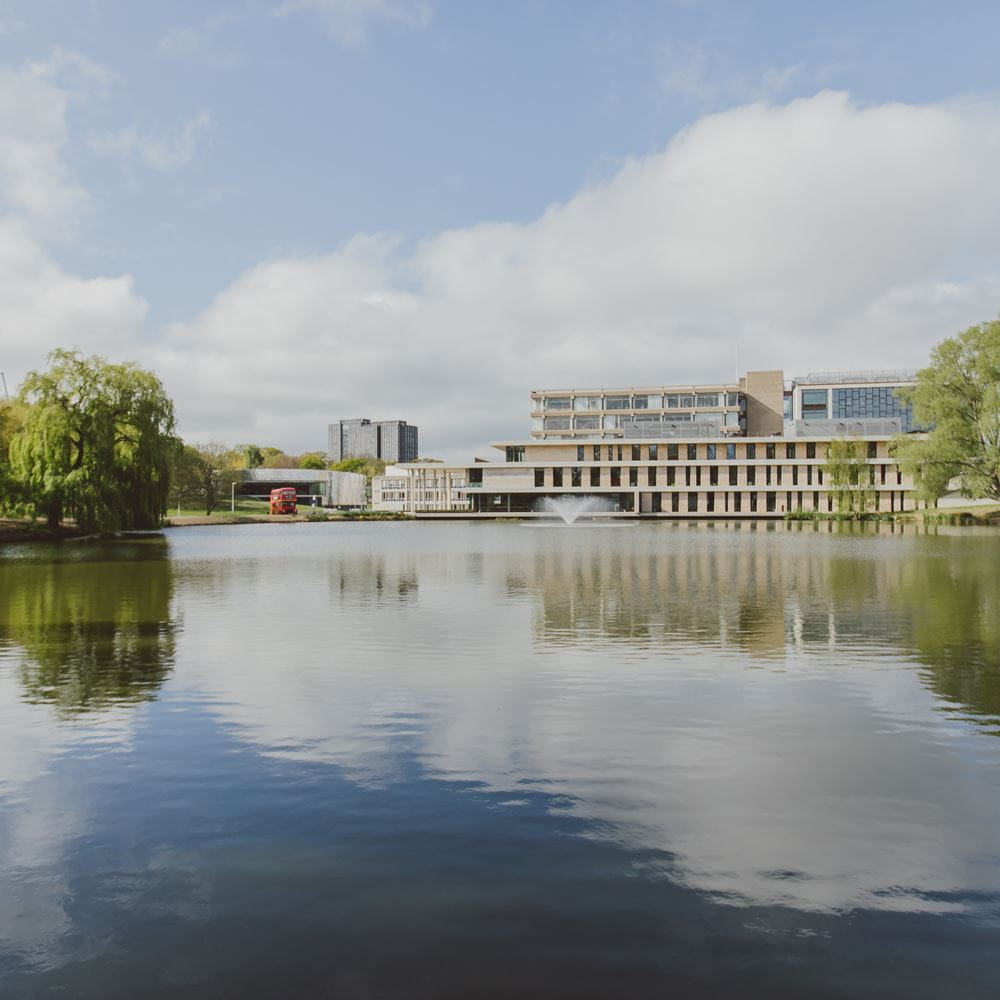Review of two events involving external speakers

As a University our responsibilities include upholding academic freedom and freedom of speech within the law, legal duties in relation to equality, diversity and inclusion and a commitment to our University values. The relationship between these responsibilities comes to the fore in moments of contestation. Universities have a vital role to play in convening difficult and sometimes uncomfortable conversations, and in curating the spaces in which ideas that some may find challenging or unpopular can be expressed and debated.
Over the last 18 months we have had to address the very serious issues raised by the cancellation of a seminar, a decision not to re-invite the external speaker who was due to speak at the cancelled seminar, and the failure to invite a chosen external speaker to another event, although this decision was subsequently reversed. These events might be seen by some as a small number in a very full programme of over 1,500 events with external speakers each year. However, they raise very serious issues about how we deliver on our legal obligations and our values.
The cancellation of any event and any withdrawal of an invitation to a speaker is a serious cause for concern. As a result, I commissioned an impartial review of these issues to be carried out by a person independent from the University. The reviewer was appointed by a representative panel of staff, who also appointed three assessors to review and provide comments on the draft report. A wide range of stakeholders were invited to make submissions directly to the reviewer, either in their own name or anonymously, and those who were referred to in the draft report had an opportunity to offer comments on matters that related to them before the report was finalised by the reviewer. These steps have ensured that the report is evidence based and completed independently of the University. Details of the context of the review and the remit, including the governance arrangements and sign off processes for all elements of the review, as well as the process for selecting the reviewer are at: Terms of reference (.pdf).
We have published the Report (.pdf) and the actions (.pdf) that have been developed in response to each of the recommendations made in the review. The University’s Senate and our governing body, our Council, have this week considered the final review report and agreed to take a series of actions in response to the recommendations.
The report makes clear that we have made serious mistakes and we need to do our very best to learn from these and to ensure they are not repeated. The review notes the particular responsibility placed on universities to protect freedom of speech within the law, and to ensure that a diversity of voices and views can be heard on our campuses. On behalf of the University, I have issued an open apology to each of Professor Phoenix and Professor Freedman.
I was deeply concerned to read the input into the review from some staff and students who said that they felt constrained to self-censor their speech and activity because of concerns about how we manage the balance between freedom of speech and our commitment to diversity, equality and inclusion. We must re-commit to providing a supportive and inclusive environment within which people can expect to learn, grow and develop through challenge. As a community this means that we may encounter ideas or arguments which may be experienced as objectionable or offensive; with a line drawn at conduct which is unlawful or contrary to the University’s policies. On behalf of the University, I am offering an open apology to staff and students regarding the procedural and other failings that have occurred in relation to the two events covered in the Reindorf Report, and for any distress caused. We are also committed to taking a range of actions to address the impact of these events on members of our community. This will include consulting with our community to devise and ensure implementation of a strategy for repairing relationships amongst University members. I apologise to members of our community for any distress that has resulted from these failings by the University.
As a University we must operate within the law as it is, but, as many of you will be aware, a number of the issues raised in relation to freedom of speech are subject to evolving case law. The report also comes within the context of the announcement by the Secretary of State for Education on 17 February 2021 and publication of a paper setting out proposed additional legal measures to strengthen free speech and academic freedom in English higher education. The current legal framework already provides for a legal duty for universities to take reasonably practicable steps to ensure free speech within the law but the new proposals aim to reinforce these aspects of the legislation. The proposals include: legislation to require the Office for Students to introduce a new registration condition regarding free speech and academic freedom; strengthening and clarifying of existing legal duties including extending these to Students’ Unions; and mechanisms for individuals to seek redress through the courts if they suffer loss as a result of breach of free speech duties. Government intentions were included in the Queen’s Speech on 11 May 2021. A Freedom of Speech Bill has now been published.
Some of our community may agree with the current legal framework in which universities operate, whilst others may disagree profoundly and want to campaign to change it. Academic freedom and freedom of speech within the law protect your right to do this. At the same time, the University carries obligations to act lawfully, to allow our staff the freedom to express challenging views within the law, and to ensure that staff and students who express lawful views that are controversial or unpopular are not disadvantaged for doing so.
This review is not an end point and I acknowledge that the areas it covers are and will remain contested areas of the law. However, where we have made mistakes, we must and will address these issues. I know that the review and the issues it raises may be difficult and upsetting for some people – and I acknowledge this. Whatever our personal views on these issues I hope that we will continue to treat everyone in our community with dignity and respect.
Sources of support
The report covers material relating to gender that some readers may find distressing or triggering. We have put in place a number of measures to provide support for members of our community who may be affected directly or indirectly by the issues raised.
Student support
Student Services Hub
Telephone: 01206 874000
Email: wellbeing@essex.ac.uk
Students’ Union Advice
Telephone: 07395 955656 or 07511 303169
Email: suadvice@essex.ac.uk
Online Drop-In Hour: Every Tuesday and Thursday 2-3pm, Zoom (ID 565-702-6431)
There will also be opportunities offered for members of our LGBTQ+ community to meet with the relevant Inclusion Champions to discuss any issues or concerns that they may have.
Alternatively, anyone may approach Review@essex.ac.uk in confidence for signposting to support.
Staff support
Counselling and support
Occupational Health
Email: ohqueries@essex.ac.uk
Validium - Confidential External Employee Assistance Provider, Telephone: 0800 358 4858
There will also be opportunities offered for members of our LGBTQ+ community to meet with the relevant Inclusion Champions to discuss any issues or concerns that they may have.
Alternatively, anyone may approach Review@essex.ac.uk in confidence for signposting to support.

